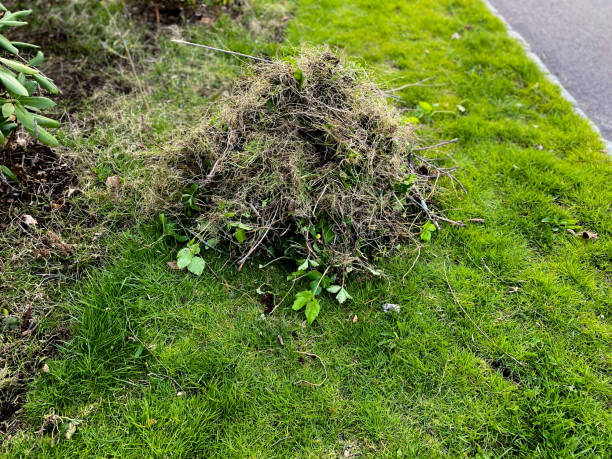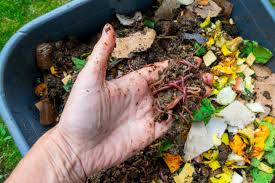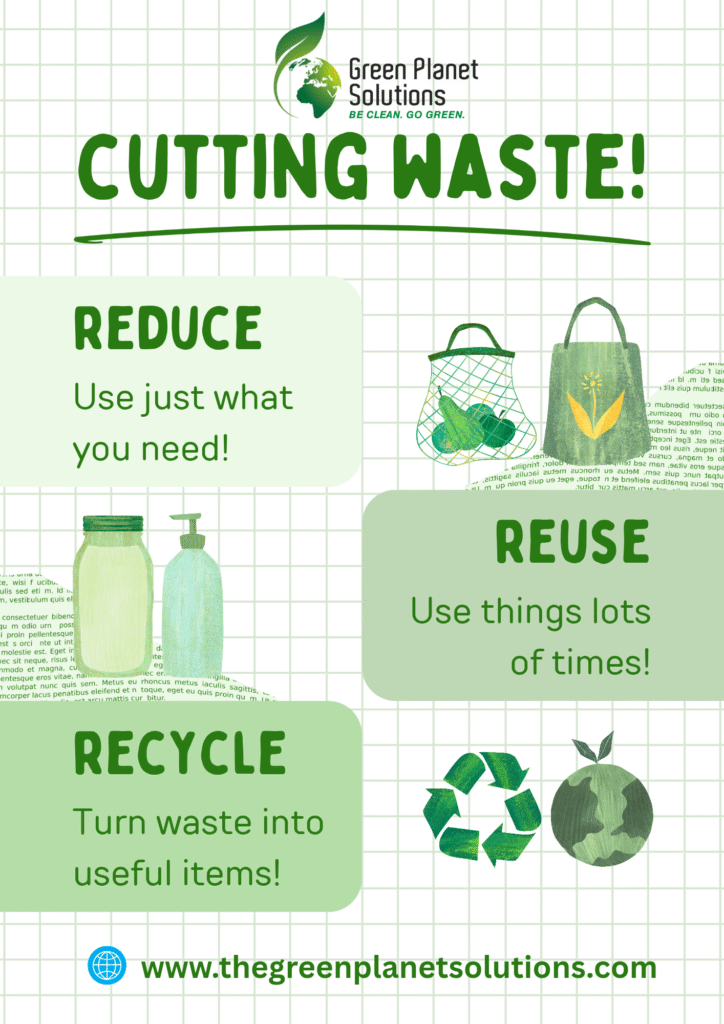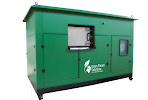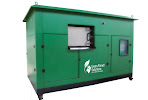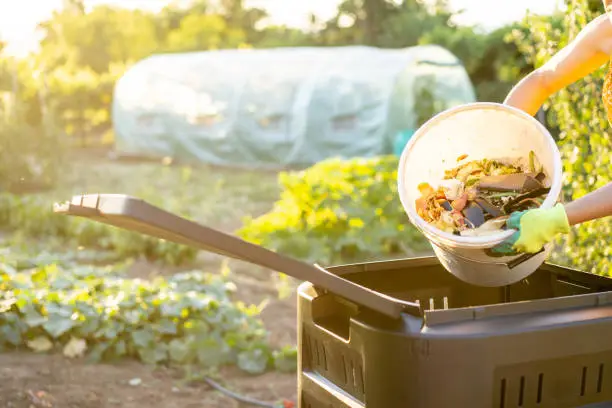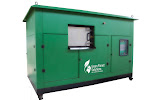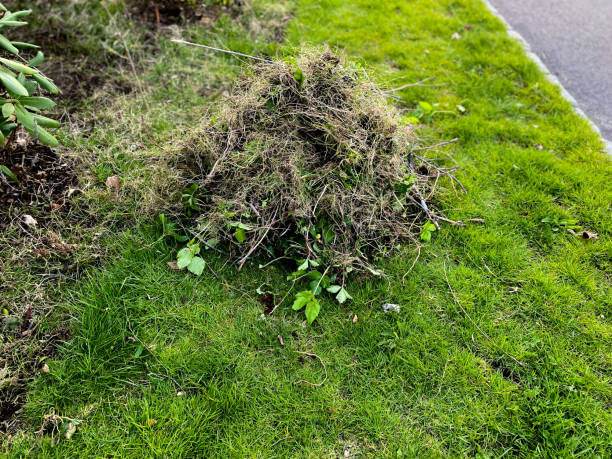ENQUIRE NOW FOR BEST COMPOSTING MACHINES IN INDIA – https://share.hsforms.com/1d12AT_oJScm8iiXbjSrEIwrh2r7
The installation of the Composting Machine at Majestic Society Pune marks a major milestone in Pune’s shift toward sustainable and decentralised waste management. As waste costs rise and environmental pressure builds, societies are actively looking for powerful, reliable, and cost-saving solutions—and Green Planet Solutions Pune has emerged as the city’s preferred partner.
In 2025, Majestic Society took a bold step forward by embracing on-site composting, transforming their daily wet waste into nutrient-rich compost while drastically reducing landfill contribution.
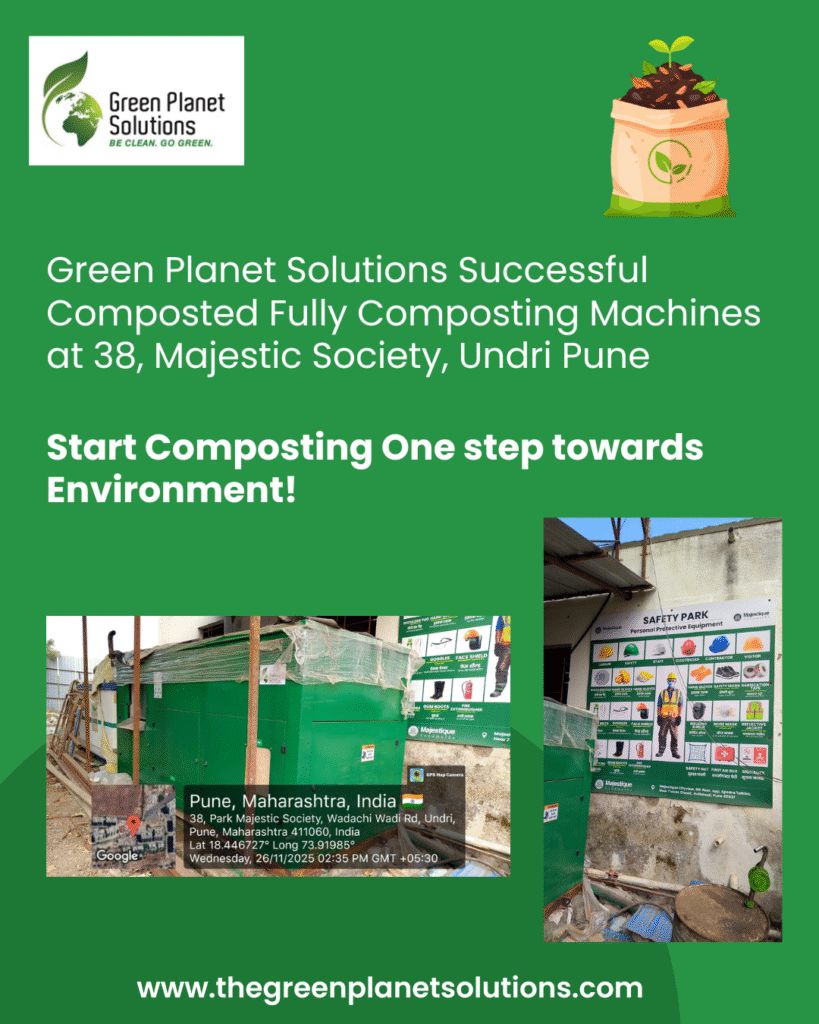
🏆 1. Why Majestic Society Chose Green Planet Solutions Pune
(Focus Keyphrase in Subheading ✓)
Majestic Society wanted:
- A fast, automatic composting system
- Zero odour and zero-maintenance technology
- Lower waste pickup dependency
- Compliance with Pune Municipal Corporation guidelines
- Long-term cost savings
After evaluating multiple vendors, they selected Green Planet Solutions Pune for our proven expertise, advanced technology, and comprehensive support.
⚙️ 2. The Composting Machine Installed at Majestic Society Pune
(Focus Keyphrase in Subheading ✓)
The installed system includes:
- Fully Automatic High-Speed Composting Machine
- 24-hour composting cycle
- Odour control system
- AI-based moisture & heat regulation
- Stainless steel body for long life
- Low-energy consumption technology
This makes the Composting Machine at Majestic Society Pune one of the most efficient urban waste solutions in the city.
ENQUIRE NOW FOR BEST COMPOSTING MACHINES IN INDIA – https://share.hsforms.com/1d12AT_oJScm8iiXbjSrEIwrh2r7
🌿 3. Waste Processing Achievements After Installation
Majestic Society now processes 100% of its wet waste on-site.
Daily Results:
- 80–120 kg wet waste processed daily
- 25–30 kg nutrient-rich compost produced
- Compost reused in gardens & landscape areas
- Drastic reduction in foul smell & rotting waste
This shift has made Majestic Society a zero-waste community and a sustainability model for neighboring societies.
💸 4. Massive Cost Savings for Majestic Society
Before installation, the society was spending heavily on:
- Waste collection charges
- Extra pickups
- Penalties for mixed waste
- Labour & transport costs
After installation:
👉 40–60% reduction in monthly waste bills
👉 No more penalty risks
👉 Self-sustaining composting operations
This financial relief has boosted resident satisfaction and long-term sustainability.
ENQUIRE NOW FOR BEST COMPOSTING MACHINES IN INDIA – https://share.hsforms.com/1d12AT_oJScm8iiXbjSrEIwrh2r7
🏘 5. Environmental & Community Impact
Installing the Composting Machine at Majestic Society Pune had a powerful emotional and environmental impact:
- Reduced landfill contribution
- Cleaner premises & improved hygiene
- No overflowing waste areas
- Green, organic compost for landscaping
- Residents proud of being a “Zero-Waste Society”
Parents, senior citizens, and children participated in awareness sessions conducted by Green Planet Solutions Pune—building a strong eco-conscious community.
🔧 6. End-to-End Service Provided by Green Planet Solutions Pune
We handled:
- Waste audit
- Machine selection
- Installation & commissioning
- Staff training
- Operation guidelines
- AMC & continuous technical support
Majestic Society rated us 5/5 for service quality, machine performance, and support.
🖼 Recommended Image Alt Text
(Focus Keyphrase in image alt attributes ✓)
- “Composting Machine at Majestic Society Pune installation by Green Planet Solutions”
- “Residents viewing Composting Machine at Majestic Society Pune”
- “Green Planet Solutions Pune team installing Composting Machine at Majestic Society Pune”
- ENQUIRE NOW FOR BEST COMPOSTING MACHINES IN INDIA – https://share.hsforms.com/1d12AT_oJScm8iiXbjSrEIwrh2r7
- Composting Machine at Majestic Society Pune
- Composting machine Pune
- Housing society composting system
- Waste management for societies
- High-speed composting machine
- Wet waste treatment Pune
- Zero-waste society Pune
- Green Planet Solutions
Transformative, breakthrough, innovative, powerful, successful, proven, revolutionising, efficient, game-changing, sustainable, unmatched, highly reliable.
Pride, confidence, relief, responsibility, trust, satisfaction, community-driven, hope, eco-conscious, impactful.
Common: compost, society, residents, waste, garden, installation
Uncommon: decentralised sustainability, regenerative outcome, compliance-ready, smart waste ecosystem, bio-accelerated composting
1.5% (Ideal for SEO — not over-optimized)
Want your society to become Pune’s next zero-waste success story?
Green Planet Solutions Pune offers smart, odour-free, high-speed composting machines with complete installation + training.
👉 Call Now for Free Site Survey
👉 Get a Quotation in 10 Minutes
👉 Book a Live Demo Installation
👉 Download Machine Catalogue
#CompostingMachine #MajesticSocietyPune #GreenPlanetSolutions #PuneSustainability #ZeroWasteSociety #SmartComposting #WasteManagementPune #SustainableLivingIndia #EcoFriendlyHousingSocieties #OrganicWasteManagement


